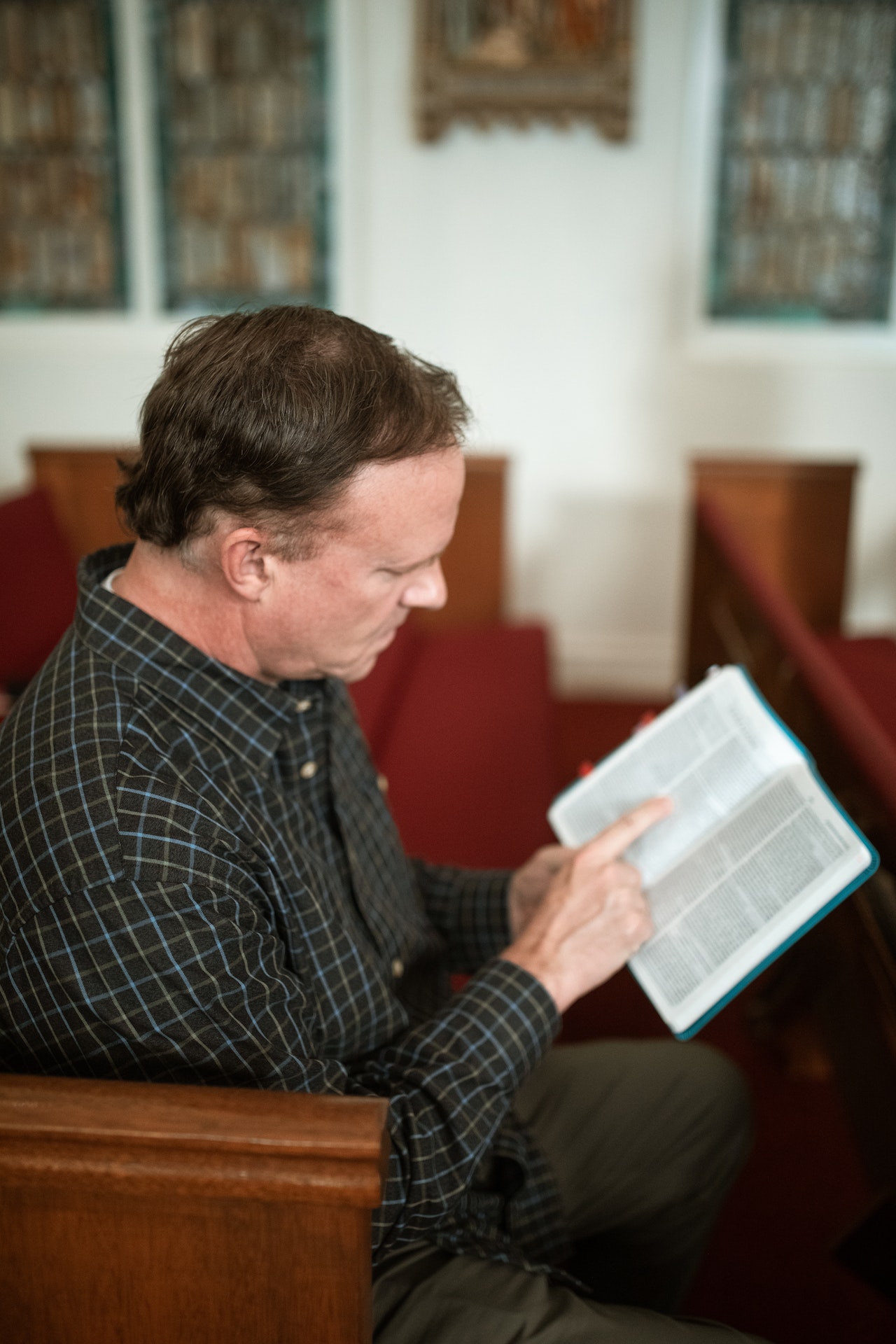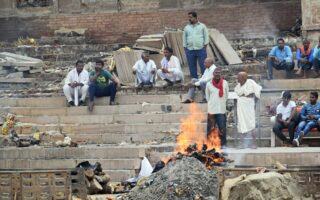The Catholic Church has a long-standing tradition of celebrating Mass, the central act of worship for Catholics. As such, it is important to understand how many Masses a Catholic priest can say in a day. This article will provide an overview of the regulations and guidelines that govern the number of Masses a priest can say in a day, as well as the reasons behind these regulations. Additionally, this article will discuss the importance of Mass in the Catholic faith and how it is celebrated.
Table of Contents
Exploring the History of the Catholic Church’s Daily Mass Requirements
Have you ever wondered why the Catholic Church has certain requirements for daily Mass? It’s a question that has been asked for centuries, and the answer is rooted in the Church’s long and fascinating history.
The Catholic Church has always placed a great emphasis on the importance of daily Mass. In the early days of the Church, it was believed that attending Mass was essential for salvation. This belief was based on the teachings of Jesus, who said, “Where two or three are gathered in my name, there am I in the midst of them” (Matthew 18:20).
The Church’s daily Mass requirements evolved over time. In the fourth century, the Church began to require that Mass be celebrated every Sunday. This was later extended to include all major feast days. In the Middle Ages, the Church began to require that Mass be celebrated every day. This was done to ensure that the faithful would have the opportunity to receive the Eucharist and to participate in the liturgy.
The Church also began to require that Mass be celebrated in Latin. This was done to ensure that the liturgy was celebrated in a unified way throughout the Church. This requirement was eventually relaxed in the 1960s, when the Church allowed Mass to be celebrated in the vernacular.
Today, the Catholic Church still requires that Mass be celebrated every day. This is done to ensure that the faithful have the opportunity to receive the Eucharist and to participate in the liturgy. The Church also encourages its members to attend Mass on Sundays and holy days of obligation. This is done to ensure that the faithful are able to participate in the liturgy and to receive the Eucharist.
The Catholic Church’s daily Mass requirements are a reminder of its long and fascinating history. They are also a reminder of the importance of the Eucharist and the liturgy in the life of the Church.
Examining the Benefits of Attending Daily Mass for Catholics
Attending daily Mass is a great way for Catholics to deepen their faith and strengthen their relationship with God. Not only does it provide an opportunity to receive the Eucharist, but it also offers a chance to reflect on the teachings of the Church and to be part of a community of believers. Here are some of the benefits of attending daily Mass:
1. Spiritual nourishment: Daily Mass provides a chance to receive the Eucharist, which is the source and summit of the Christian life. It is a powerful way to receive spiritual nourishment and to be reminded of the presence of God in our lives.
2. Community: Attending daily Mass is a great way to be part of a community of believers. It is a chance to meet and connect with other Catholics and to be part of a larger spiritual family.
3. Reflection: Daily Mass provides an opportunity to reflect on the teachings of the Church and to meditate on the Word of God. It is a chance to take a break from the hustle and bustle of everyday life and to focus on the things that really matter.
4. Gratitude: Attending daily Mass is a great way to express gratitude for the blessings in our lives. It is a chance to pause and give thanks for all that we have been given.
Attending daily Mass is a great way for Catholics to deepen their faith and strengthen their relationship with God. It provides an opportunity to receive spiritual nourishment, to be part of a community of believers, to reflect on the teachings of the Church, and to express gratitude for the blessings in our lives. So, if you’re looking for a way to enrich your faith, consider attending daily Mass.
Investigating the Role of the Priest in Leading Daily Mass
The role of the priest in leading daily Mass is an important one. As the leader of the liturgy, the priest is responsible for guiding the congregation through the celebration of the Eucharist. He is the one who proclaims the Word of God, leads the prayers, and presides over the Eucharistic celebration.
The priest is the primary celebrant of the Mass and is responsible for setting the tone of the liturgy. He is the one who proclaims the readings, leads the prayers, and presides over the Eucharistic celebration. He is also responsible for ensuring that the liturgy is celebrated in a reverent and prayerful manner.
The priest is also responsible for providing spiritual guidance to the congregation. He is the one who explains the meaning of the readings and the prayers, and helps the congregation to understand the significance of the Eucharist. He is also responsible for providing spiritual direction to the congregation, helping them to grow in their faith.
The priest is also responsible for providing pastoral care to the congregation. He is the one who listens to their concerns and offers them comfort and support. He is also responsible for providing spiritual guidance to those who are in need of it.
The priest is an important figure in the life of the Church. He is the one who leads the congregation in the celebration of the Eucharist and provides spiritual guidance and pastoral care. He is an important part of the Church’s mission to proclaim the Gospel and to bring people closer to God.
Understanding the Different Types of Masses a Catholic Priest Can Say Daily
If you’re a Catholic, you may be familiar with the different types of Masses a priest can say daily. But if you’re new to the faith, you may be wondering what these Masses are and why they’re important. Let’s take a look at the different types of Masses a priest can say daily and why they’re important.
The first type of Mass is the Mass of the day. This is the main Mass of the day and is usually celebrated in the morning. It’s the most important Mass of the day and is usually attended by the most people. This Mass includes readings from the Bible, a homily, and the Eucharist.
The second type of Mass is the Mass of the Hours. This Mass is said at different times throughout the day and is usually said by a priest alone. It’s a shorter Mass than the Mass of the day and includes readings from the Bible, a homily, and the Eucharist.
The third type of Mass is the Mass of the Pre-Sanctified. This Mass is said on certain days of the year and is usually said by a priest alone. It’s a shorter Mass than the Mass of the day and includes readings from the Bible, a homily, and the Eucharist.
The fourth type of Mass is the Mass of the Dead. This Mass is said for the deceased and is usually said by a priest alone. It’s a shorter Mass than the Mass of the day and includes readings from the Bible, a homily, and the Eucharist.
Finally, the fifth type of Mass is the Mass of the Saints. This Mass is said for the saints and is usually said by a priest alone. It’s a shorter Mass than the Mass of the day and includes readings from the Bible, a homily, and the Eucharist.
These are the five types of Masses a priest can say daily. Each Mass is important in its own way and helps to strengthen the faith of Catholics. So, if you’re a Catholic, make sure to attend Mass regularly and take part in the different types of Masses a priest can say daily.
Conclusion
In conclusion, a Catholic priest can say up to three Masses a day, depending on the circumstances. The number of Masses a priest can say is determined by the local bishop and the priest’s availability. The Mass is an important part of the Catholic faith and is a powerful way for priests to bring the Word of God to their parishioners.
For licensing reasons, we must provide the following notice: This content was created in part with the help of an AI.


